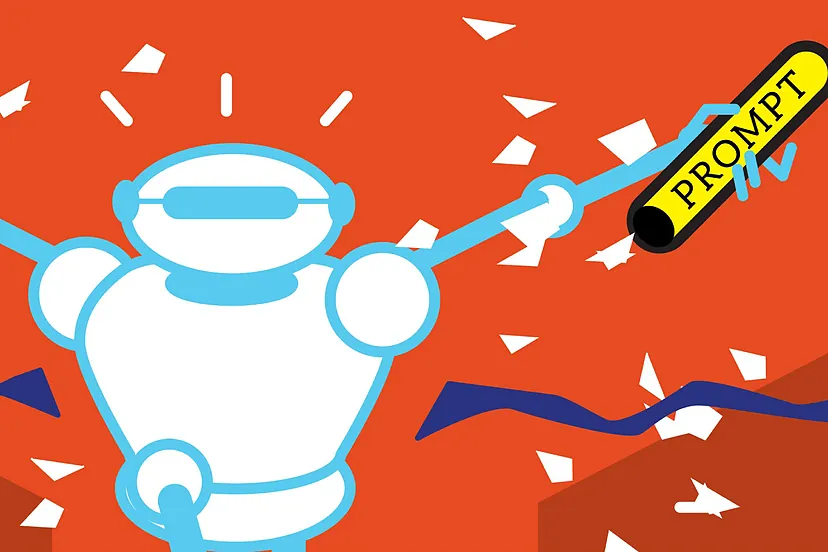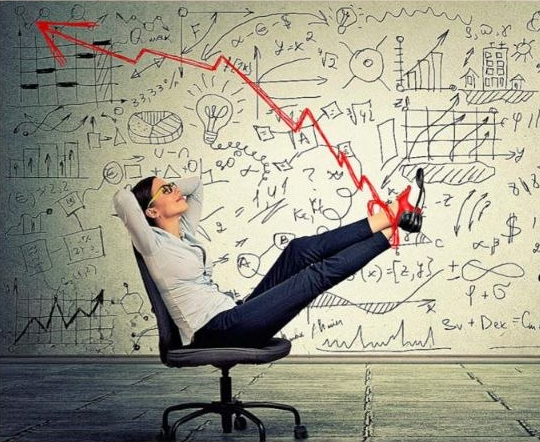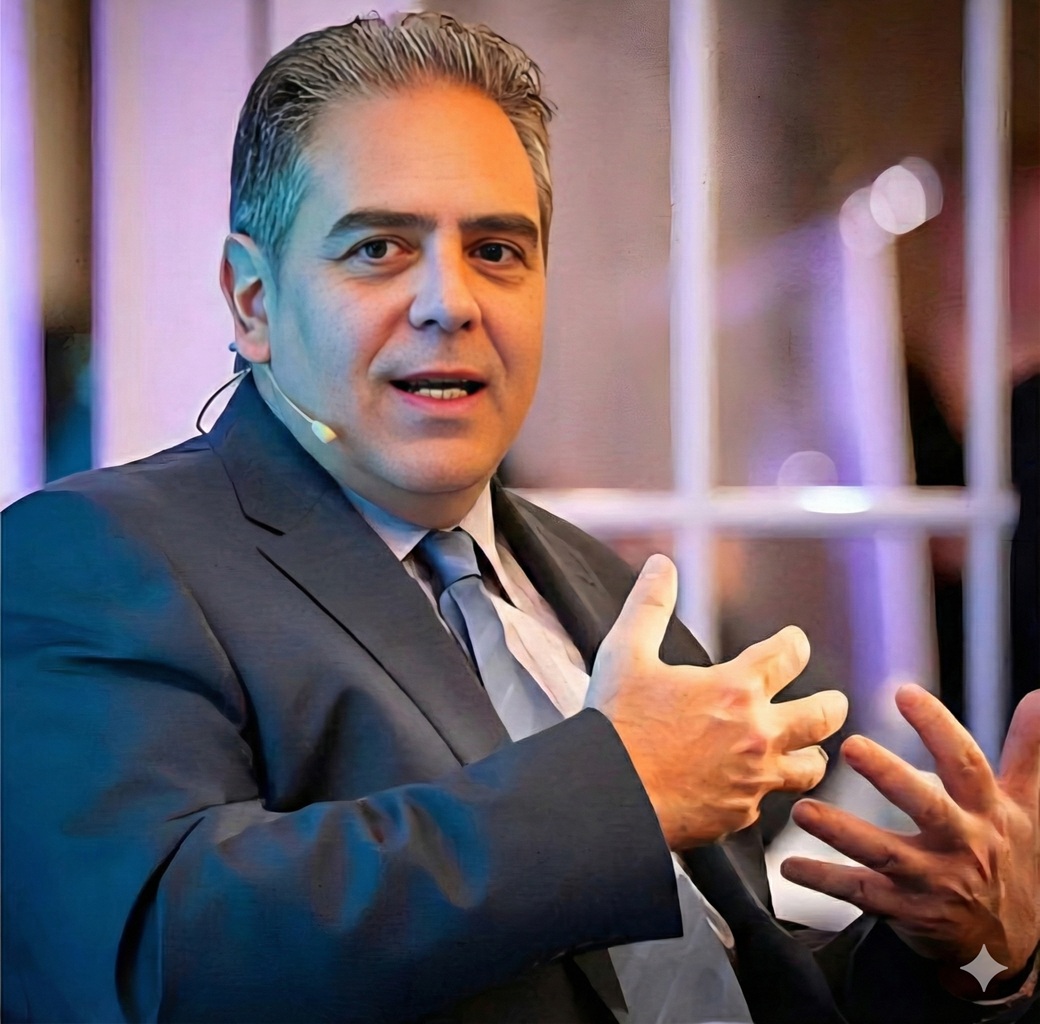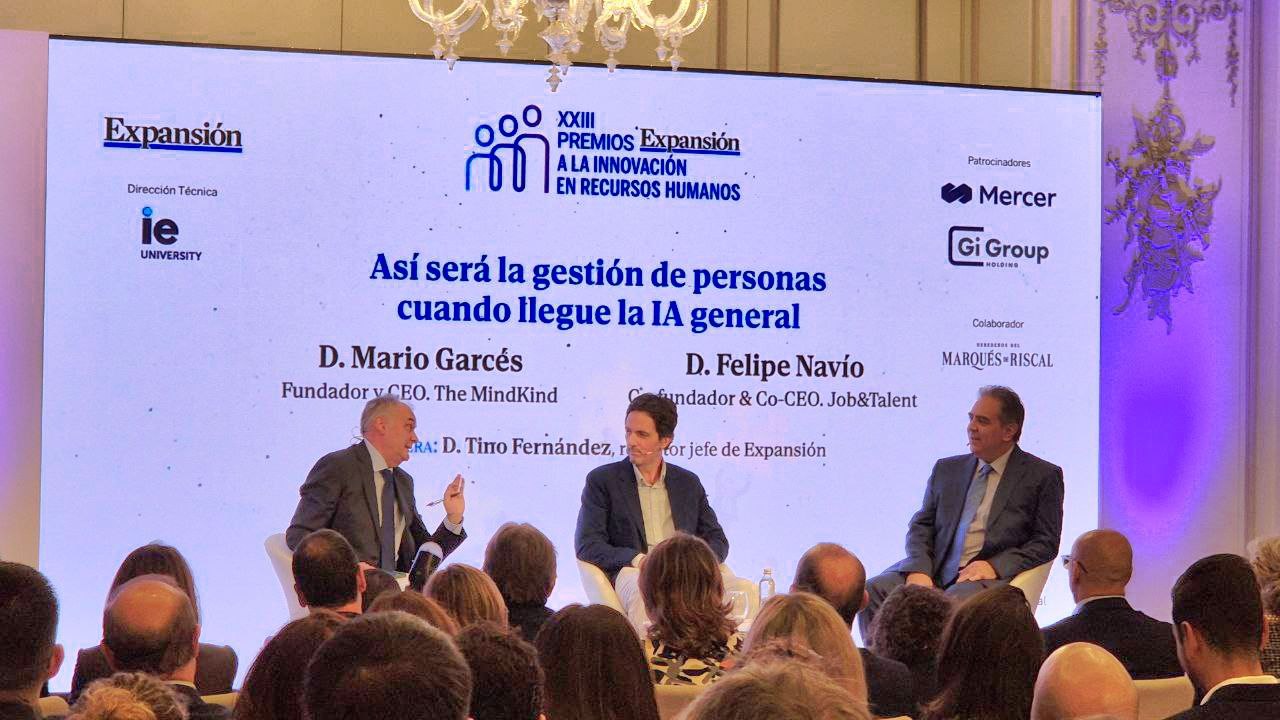"A computer scientist, an electronic engineer, an aeronautical engineer, and a psychologist convened for their work meeting on the banks of the Ésera River. A computer engineer and a graduate in video game development also participated remotely. Only a doctor in neuroscience was missing, but they expected them to arrive at the company soon.
With the backdrop of the Pyrenees in spring, accompanied by the ambient sounds of birds, they collectively charted the next steps of an artificial intelligence project at 'The MindKind.' This company is based in El Run, a small district in Castejón de Sos, Ribagorza, and is led by Mario Garcés, a computer scientist and researcher.
Mario chose this serene corner of the Pyrenees to work on a project that, on paper, might seem more at home in Silicon Valley. His aim is to develop a program that endows machines with the ability to learn, reason, make decisions, and even exhibit human-like behavior. He explains, 'The goal is for a machine to exhibit human-like reasoning, not merely mimic human actions based on statistical patterns.'
According to Mario, current artificial intelligence is not truly intelligent. 'Presently, technology relies heavily on vast datasets, discerning patterns, and selecting actions based on these patterns,' he states. His ambition is to take it to the next level by enabling machines to replicate the learning, reasoning, decision-making, and behavior exhibited by living beings through computer systems. The objective is for machines to 'gather information, define their behavior's evolution, and make sound decisions based on the objectives they set themselves.'
Mario defends the potential applications of this technology as vast, encompassing 'all systems that involve interaction between humans and machines.' These applications could range from phone switchboards (where customers may not discern whether they're interacting with a human or machine) to space missions to Mars. One application on the horizon is the metaverse, a digital environment where people can interact using virtual reality. Mario predicts, 'There will be social interactions, work meetings, shopping, sales, classes, and much more.'
This is where 'The MindKind' hopes to carve its niche by creating 'intelligent and autonomous avatars' to populate the metaverse, offering realistic interactions. Mario envisions scenarios such as a virtual salesperson in the metaverse who effectively answers questions, much like a real person, enabling Amazon to deliver the selected items later.
However, Mario assures that even as machines aim to attain human-like reasoning capabilities, humans will always know 'what information is being processed, how it's being processed, how decisions are made, and the alternatives considered.' This transparency ensures human oversight of machines, although Mario acknowledges the potential for misuse. 'Just like a hammer can be used to build something beautiful or to harm someone, this technology has dual-use potential,' he points out.
'The MindKind' aims to have software ready by the end of 2023 to 'animate virtual beings with a sufficient level of realism to validate the technology.' Subsequently, they plan to conduct initial market tests with interested companies. Mario gives an example of an action game where players can befriend 'non-playable' characters, which were traditionally pre-programmed. 'We want them to adapt to circumstances and exhibit intelligence,' he explains.
Mario's journey to 'The MindKind' began after selling his computer company in 2004 and dedicating 15 years to neuroscience research, funded by his earnings. To apply his accumulated knowledge, he founded 'The MindKind' in late 2020, accessing various funding sources to advance his plans. The most significant grant, a €325,000 award from the Neotec program by CDTI, a public entity under the Ministry of Science and Innovation, came in January. They've also secured €135,000 from the European Union's Next Generation Funds. Support from Itainnova, the Aragon Technological Institute of the Government of Aragon, has further bolstered their efforts.
Operating from a small district in Castejón de Sos, far from bustling technology hubs, Mario believes this locale is 'the perfect place' for developing his idea. He contends that rural areas might not be suitable for large-scale manufacturing but are ideal for attracting research and development projects, provided there are robust connections. He emphasizes that such initiatives contribute to population retention, talent attraction, and year-round, high-quality employment."

















